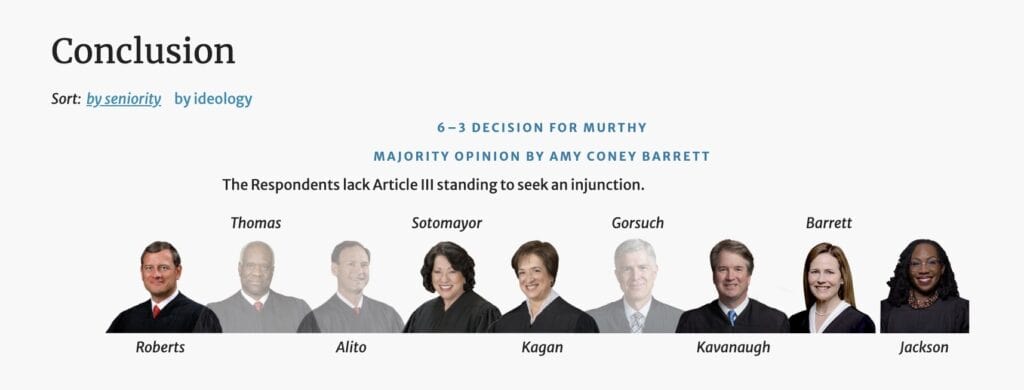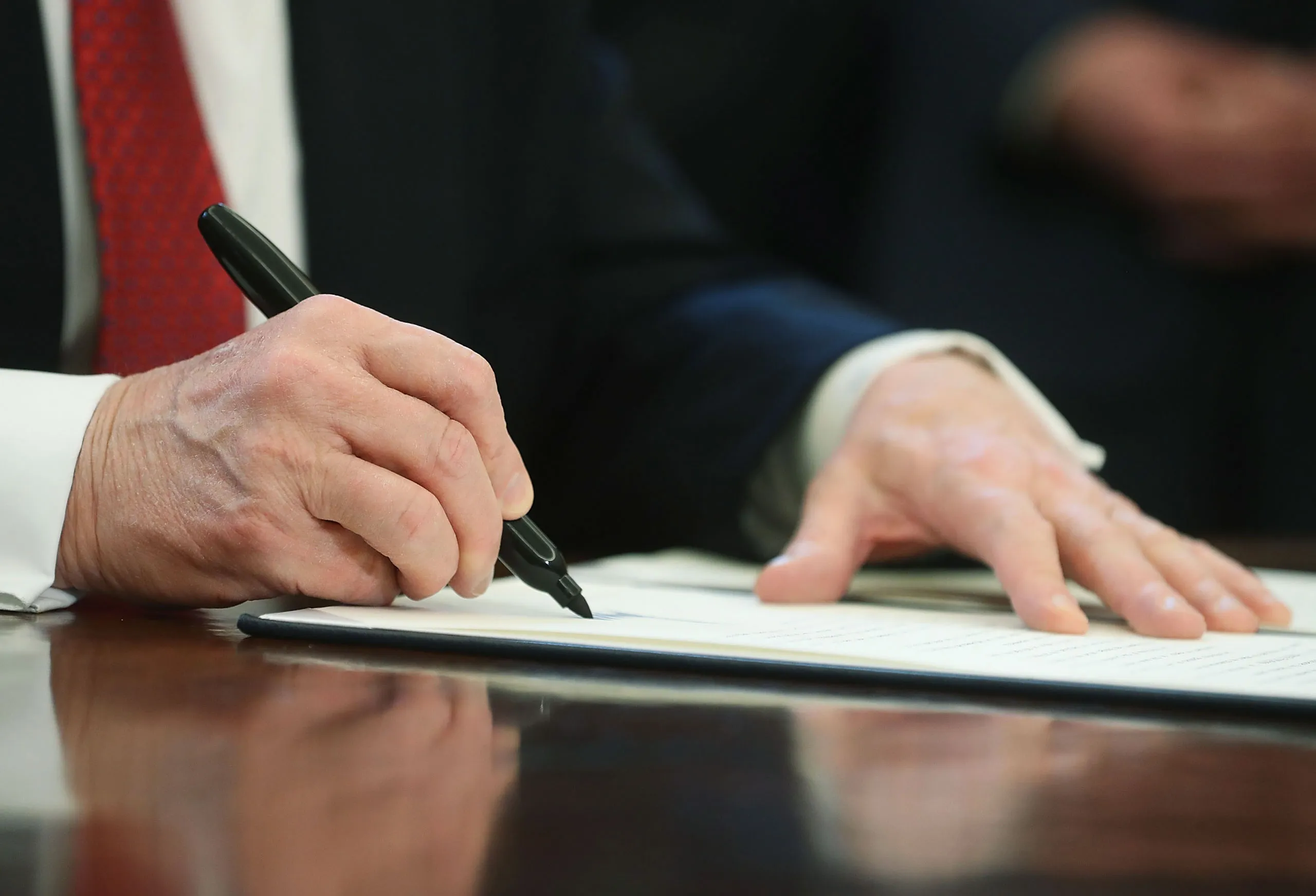In a sweeping move to redefine government involvement in speech regulation, President Donald Trump signed an executive order banning federal officials from engaging in actions that could “unconstitutionally abridge” Americans’ free speech. While Trump and his allies frame the order as a victory against what they call government-backed censorship, critics argue that it could embolden misinformation, weaken national security, and suppress independent research.
The order, signed on Trump’s first day back in office, instructs the attorney general to investigate the Biden administration’s past handling of online speech and propose remedial actions. However, legal experts warn that these actions could serve as a political tool to retaliate against civil servants and researchers who have studied the spread of disinformation.

Redefining Censorship and Free Speech
Trump has long accused federal agencies of colluding with social media companies to silence conservative viewpoints, especially regarding COVID-19 and election security. However, the Supreme Court ruled last year that the U.S. government could communicate with social platforms about misinformation, reinforcing that these discussions do not violate free speech protections.

Despite this ruling, Trump’s executive order alleges that the Biden administration “trampled free speech rights by censoring Americans’ speech on online platforms.” Some experts caution that this broad language could be leveraged to undermine efforts to counter harmful falsehoods, potentially impeding fact-checking initiatives and national security efforts.
Impact on Disinformation Research and National Security
A key concern is that Trump’s order could hinder collaboration between federal agencies and social media platforms on issues such as financial fraud, counterterrorism, and child exploitation. The Cybersecurity and Infrastructure Security Agency (CISA), which has been criticized by Republicans for tracking misinformation, may see its role diminished under Trump’s administration.
Experts also worry that the order could have a chilling effect on disinformation research. Conservative lawmakers have increasingly targeted researchers studying misinformation, framing their work as censorship rather than analysis. The House Judiciary Committee’s “Weaponization of the Federal Government” subcommittee, led by Rep. Jim Jordan, has accused research institutions of working with the government to suppress conservative voices.
This pressure has already led to real consequences: institutions such as Stanford’s Internet Observatory have lost leadership and scaled back research on election-related false narratives. Some scholars have admitted to self-censoring their proposals to avoid political scrutiny.
Reshaping Government Staffing to Fit Trump’s Agenda
The executive order is part of a broader realignment of the federal government under Trump. Just days after returning to office, his administration dismissed about 160 National Security Council (NSC) staffers, sidelining career experts on topics such as counterterrorism and climate policy. National security adviser Mike Waltz stated that he wanted the NSC staffed by personnel “100% aligned with the president’s agenda.”
This move mirrors past efforts by populist leaders to reshape bureaucracies by removing career officials and replacing them with political loyalists. Critics argue that such restructuring could limit dissent within the administration and reduce the effectiveness of agencies tasked with advising on complex global issues.
A New Information Landscape
The executive order comes at a time when social media companies are already shifting their approach to content moderation. Meta recently announced it would end fact-checking partnerships and loosen hate speech policies, changes that critics say will allow misinformation to spread more freely.
Trump, meanwhile, has forged closer ties with tech leaders, seating Meta CEO Mark Zuckerberg, X owner Elon Musk, and Google CEO Sundar Pichai in prime spots at his inauguration. This evolving relationship between the White House and Silicon Valley raises questions about how misinformation will be addressed—or left unchecked—moving forward.
While Trump frames his executive order as a triumph for free speech, others warn that it may open the door for unchecked falsehoods, erode institutional expertise, and serve as a mechanism for political retribution. As the administration moves to reshape federal agencies and social media regulation, the broader implications for democracy and information integrity remain uncertain.
References
Gold, H., & Reilly, L. (2025, January 23). Disinformation experts blast Trump’s executive order on government censorship as ‘direct assault on reality’. CNN.
Huo, J., & Hagen, L. (2025, January 24). A White House order claims to end ‘censorship.’ What does that mean? NPR.
Miller, Z., & Madhani, A. (2025, January 22). 160 national security staffers are sent home as the White House aligns its team to Trump’s agenda. Associated Press.
Swenson, A. (2025, January 20). Trump orders government not to infringe on Americans’ speech, calls for censorship investigation. Associated Press.


